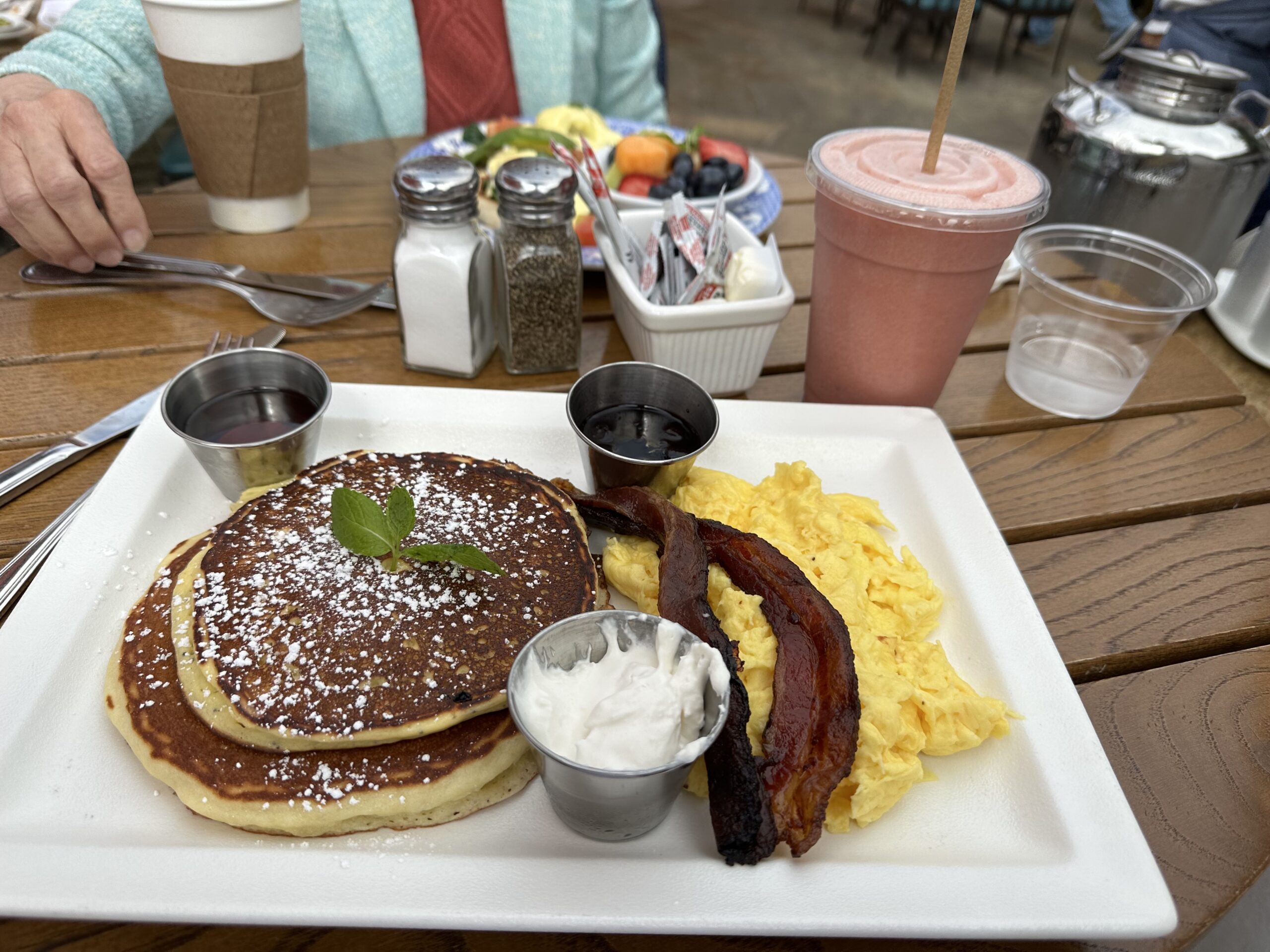Your cart is currently empty!

Lessons from Grubgate
Texas Congresswoman Mayra Flores is facing criticism for posting photos of food on X (formerly Twitter) which she lifted from other social media accounts. Online sources pointed it out and called it “Grubgate.”
On the one hand, as political scandals go, this is not that noteworthy. We don’t always assume that people have personally taken all the photos they share on social media, and most of us realize that congresspeople don’t generally do their own tweeting anyway. People making a fuss over this might be making political points, but a spokesperson for Flores told the Washington Post that “it wasn’t Mayra’s intention to mislead anyone.”

On the other hand, this was a very clear case of dishonesty. The images were not stock photos bought by an intern assigned to create social media posts. They were stolen from other people’s social media accounts and used without attribution. in fact, the captions seem to imply that these pictures were actual photos of Flores’s cooking. “As a proud Latina who knows how to cook, homemade Mexican food tastes better from a gas stove,” was the poorly-written caption for a photo of eggs and tortillas on a griddle.
Responses have been very negative and news outlets from People Magazine to the Texas Tribune have featured the story.
Takeaways
What can you learn from Flores’s experience?
Be honest. These are not stock photos with general comments. These are photos stolen from other social media accounts, with captions implying that they are Flores’s own snapshots. That’s stealing. Some of the reports talk about authenticity, but Grubgate goes beyond that.
Be as authentic as you say you are. Say you take a snapshot of your dog out hiking with you. You share it on Instagram to give your followers a personal insight. That’s authentic.
Now say you have your dog carefully groomed and hire a professional photographer to do a photo shoot in a section of your backyard that looks like a place where you might go hiking. That’s arguably less authentic, but it’s still your dog. If it suits your brand, it’s okay.
What about a stock photo of a dog on a hike? As long as you don’t caption it in a way that implies it’s your dog, it’s inauthentic but not dishonest. Caption it, “Hikes with Rover are golden!” and you’ve crossed the line.
When it comes to authenticity, it’s your call whether you are sharing a slice of your life with followers to increase a sense of connection — or just sharing photos that make a point. Just make sure that you are not misrepresenting the situation.
Assume people will find out. The photos in the Grubgate scandal were lifted from sources like the Facebook page of a magazine in Guyana. Whoever chose to use them probably felt pretty secure. How would anyone ever notice the theft?
Information on the internet is public. Assume that whatever you are doing, someone will be able to find it out. Then it will be available to everyone in the world forever. Consider — how many people reading about Grubgate even recognize the original source of the custom of calling political scandals “___gate”? How many remember that original scandal or even remember studying about it in school? And yet we all know what”Grubgate” means.
It comes down to lazy social media management. Don’t do this to yourself.
Oh — the photo at the top of this post? That’s an authentic photo of a meal we actually consumed at a breakfast meeting.
by
Tags:

Leave a Reply